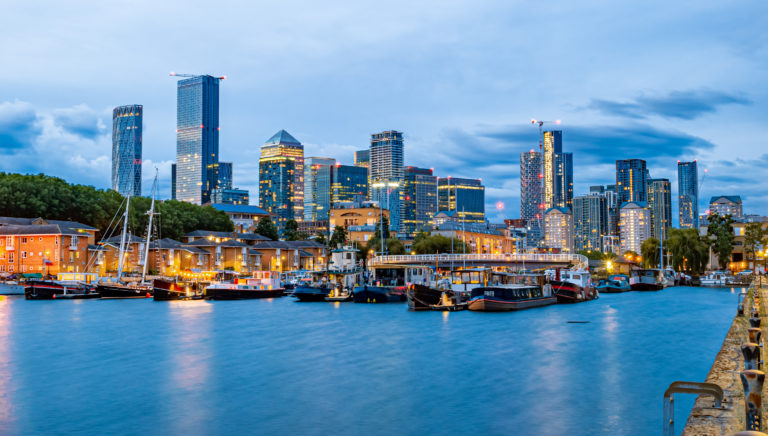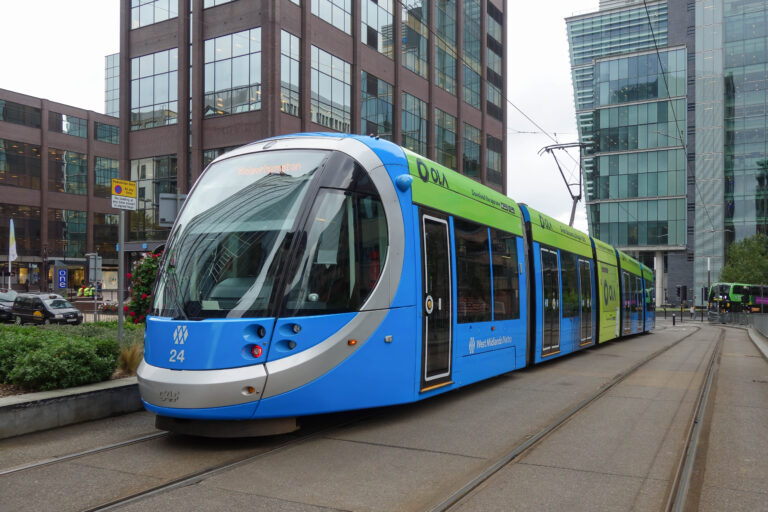Two key votes that may have gone under the radar on 6th May’s ballot papers were the referenda that took place in LB Newham and Tower Hamlets. Residents of these East London boroughs were asked to decide what governance system they wanted their Council to use. Currently both of these boroughs have a directly elected mayor – Rokhsana Fiaz in Newham and John Biggs in Tower Hamlets.
In Newham, Fiaz ran for mayor in 2018 on a ticket of offering local people a referendum on the governance system. The question was whether to keep the current mayor and cabinet structure or opt for a committee system, where councillors elect their fellow members to sit on committees that oversee issues such as housing or transport. Campaigners in favour of the committee system have suggested that decisions are currently made behind closed doors, and the committee system would make this process more transparent.
Prior to Fiaz’s election in 2018, Robin Wales had been the directly elected mayor for sixteen years. He was seen as a Mayor who controlled all aspects of the council. It is likely that her new suggested style of leadership was a factor in Fiaz winning the Mayoralty in 2018 – as residents may have felt that she could deliver a more collaborative style of leadership.
56% of those residents who voted in LB Newham on 6th May chose to keep the directly elected mayor post – a comfortable majority.
In Tower Hamlets however, the reason for the referendum is slightly more complex. Tower Hamlets voted to implement the mayor and cabinet system in 2010, the last of four London boroughs to do so, with independent Lutfur Rahman elected first to take the helm. He was re-elected in 2014, but in 2015 this result was ruled as null and void and he was removed from office after being found personally guilty of electoral fraud. Rahman was prevented from running for public office until 2021.
Since the referendum on the governance system in Tower Hamlets was announced, all of the major parties in the borough have aligned themselves with the position of changing to a leader and cabinet system. Whilst this seems an odd position for the existing Labour Mayor, John Biggs, to take, as he would lose his job, it is clear that the mayoralty in Tower Hamlets represents a history of corruption that the borough would like to forget. It is also likely that Labour will win big at the local elections in Tower Hamlets in 2022 and therefore Biggs will be confident that a Labour Leader will be elected. Whether this will be Biggs himself remains to be seen.
Unsurprisingly, Lutfur Rahman has been campaigning to keep the directly elected mayor system in Tower Hamlets, demonstrating his intention to run for mayor in the 2022 local council elections. Under the mayor and cabinet system, Rahman would have a much higher chance of being elected as mayor again, if he has enough public support. Under the leader and cabinet system, Rahman would have to get enough of his party members elected as councillors to form a majority, and then be elected leader, which is very unlikely.
Interestingly, 63,000, out of 81,000 residents who turned out to vote, voted to keep the current mayor and cabinet system in Tower Hamlets. It is a clear and concise win for the campaign, backed by former mayor Lutfur Rahman.
Whilst there are pros and cons to the mayoralties in London boroughs, it is clear that residents in Newham and Tower Hamlets value the ability to directly influence who controls their local council.
Looking ahead to the 2022 local elections, Tower Hamlets will continue to be a borough to watch. Rahman has significant local support and with the directly elected mayor post still in place, he has a chance of being re-elected. It is likely that he will be up against John Biggs for the position. In Newham, Rokhsana Fiaz will probably be re-elected as mayor.




